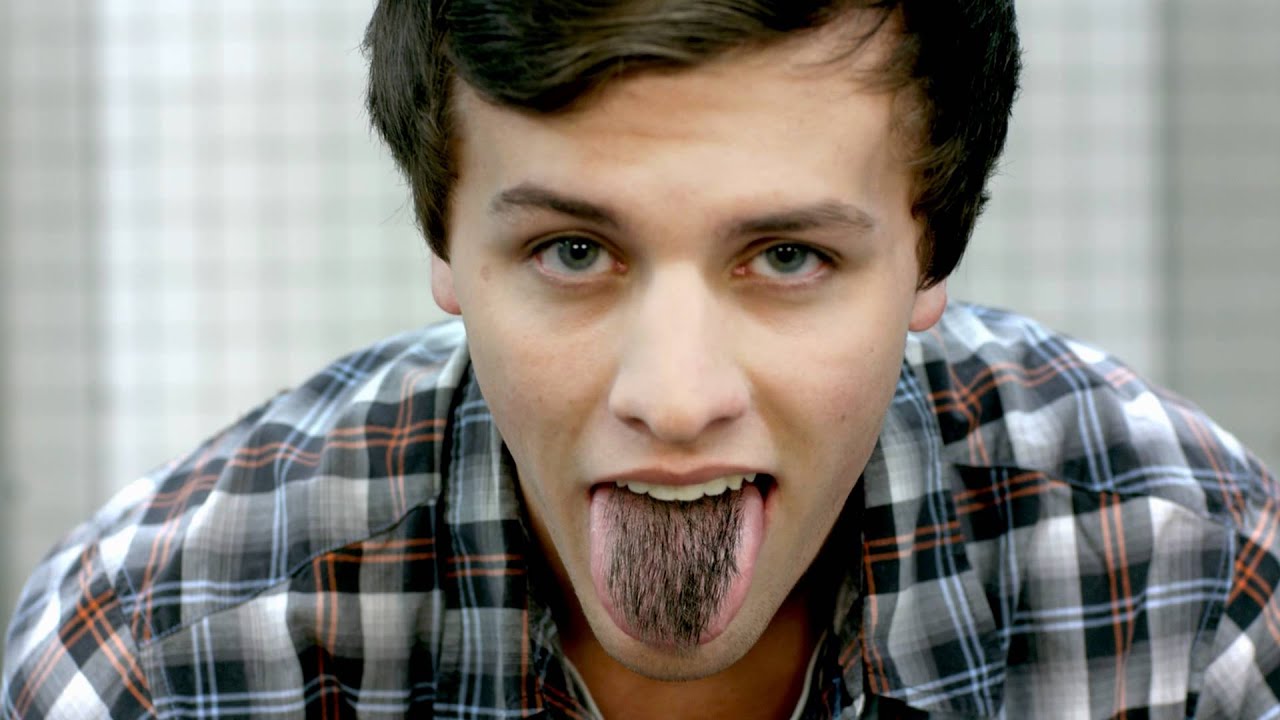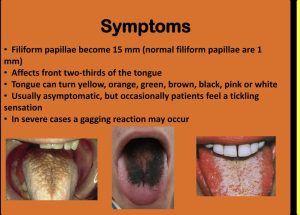- 24 January 2024
- 296
Hairy Not Scary: Black Hairy Tongue and its Remedies

Introduction
Black hairy tongue, despite its alarming name, is a benign condition rooted in the overgrowth of bacteria or fungi in the mouth. In this comprehensive guide, we delve into the intricacies of what causes black hairy tongue, its symptoms, and the most effective treatment methods, along with essential lifestyle changes.
What Causes Black Hairy Tongue?
Bacterial and Fungal Overgrowth
Black hairy tongue is a result of an abnormal accumulation of bacteria or yeast on the tongue’s tiny projections called papillae. Typically, these papillae shed regularly, but in cases of black hairy tongue, they grow and extend, creating hair-like structures. The pigments from consumed food, beverages, or the microorganisms themselves become trapped in these papillae, giving the tongue a distinctive black or variously colored appearance.

Lifestyle Factors and Conditions
Several factors contribute to the development of black hairy tongue:
- Poor Oral Hygiene: Inadequate oral care allows for the unchecked growth of bacteria.
- Tobacco Smoking: Smoking has been identified as a risk factor for this condition.
- Excessive Coffee or Tea Consumption: High intake of these beverages can contribute to the problem.
- Antibiotic Use: Disruption of the natural balance of oral bacteria.
- Dehydration: Lack of proper hydration can exacerbate the condition.
- Medications Containing Bismuth: Certain medications, like Pepto-Bismol, may contribute.
- Inadequate Saliva Production: Insufficient saliva can create an environment conducive to black hairy tongue.
- Mouthwash Usage: Regular use of specific mouthwashes may play a role.
- Radiation Therapy: Patients undergoing head and neck radiation therapy are at increased risk.
Moreover, this condition is more prevalent in men, individuals using intravenous drugs, and those with HIV.

What Are the Symptoms of Black Hairy Tongue?
While the most noticeable symptom is the altered appearance of the tongue, individuals with black hairy tongue typically experience minimal discomfort. However, an overgrowth of the yeast Candida albicans can lead to glossopyrosis, resulting in a burning sensation on the tongue. Additional symptoms may include a tickling feeling in the mouth, a metallic taste, nausea, and, in severe cases, a gagging sensation. The presence of elongated papillae can contribute to bad breath, especially when food gets trapped.

How Is Black Hairy Tongue Treated?
Emphasizing Good Oral Hygiene
The cornerstone of black hairy tongue treatment lies in adopting and maintaining good oral hygiene practices. Key recommendations include:
- Regular and Gentle Brushing: Brushing teeth gently twice a day with a soft toothbrush is crucial.
- Tongue Cleaning: Using a tongue scraper helps ensure thorough cleaning of the tongue.
- Hydration: Drinking an ample amount of water throughout the day aids in keeping the mouth clean.

Additional Tips for Treatment:
- Smoking Cessation: Quitting smoking is beneficial in addressing black hairy tongue.
- Dietary Adjustments: Incorporating roughage into the diet promotes more effective cleaning of the tongue.
- Regular Dental Check-ups: Routine dental examinations play a vital role in overall oral health.
By comprehending the causes and symptoms of black hairy tongue, individuals can take proactive steps to address and prevent this harmless yet intriguing condition, ensuring a healthier oral environment.

